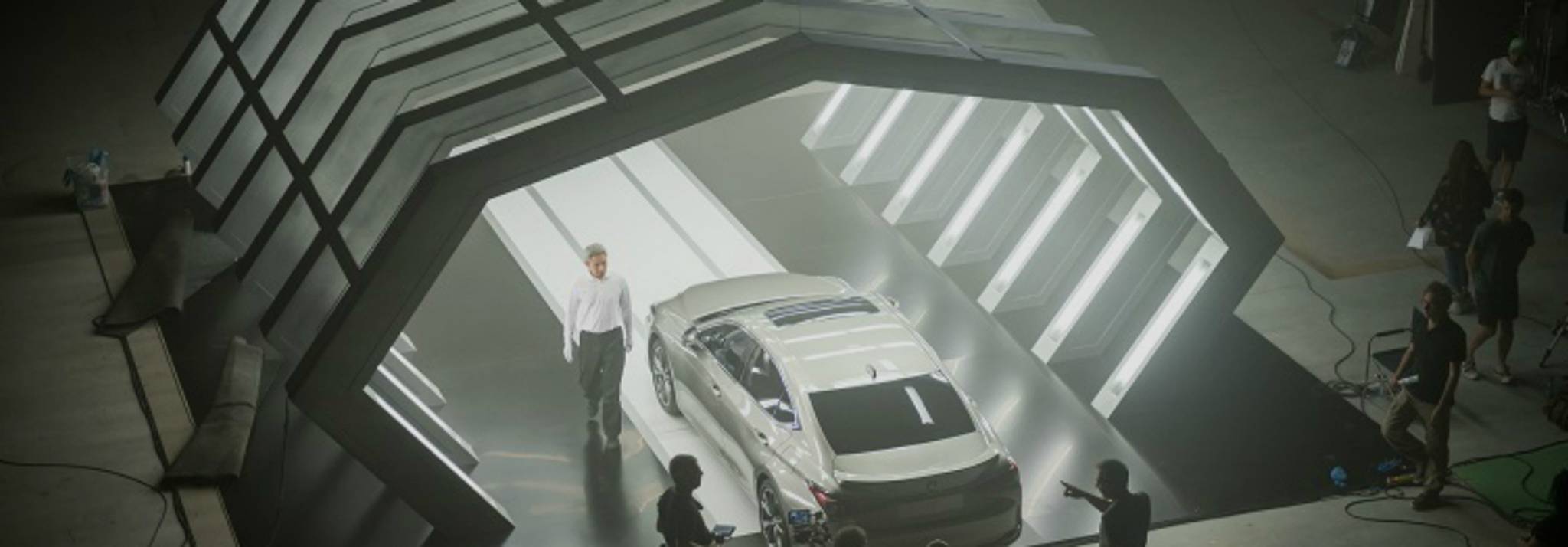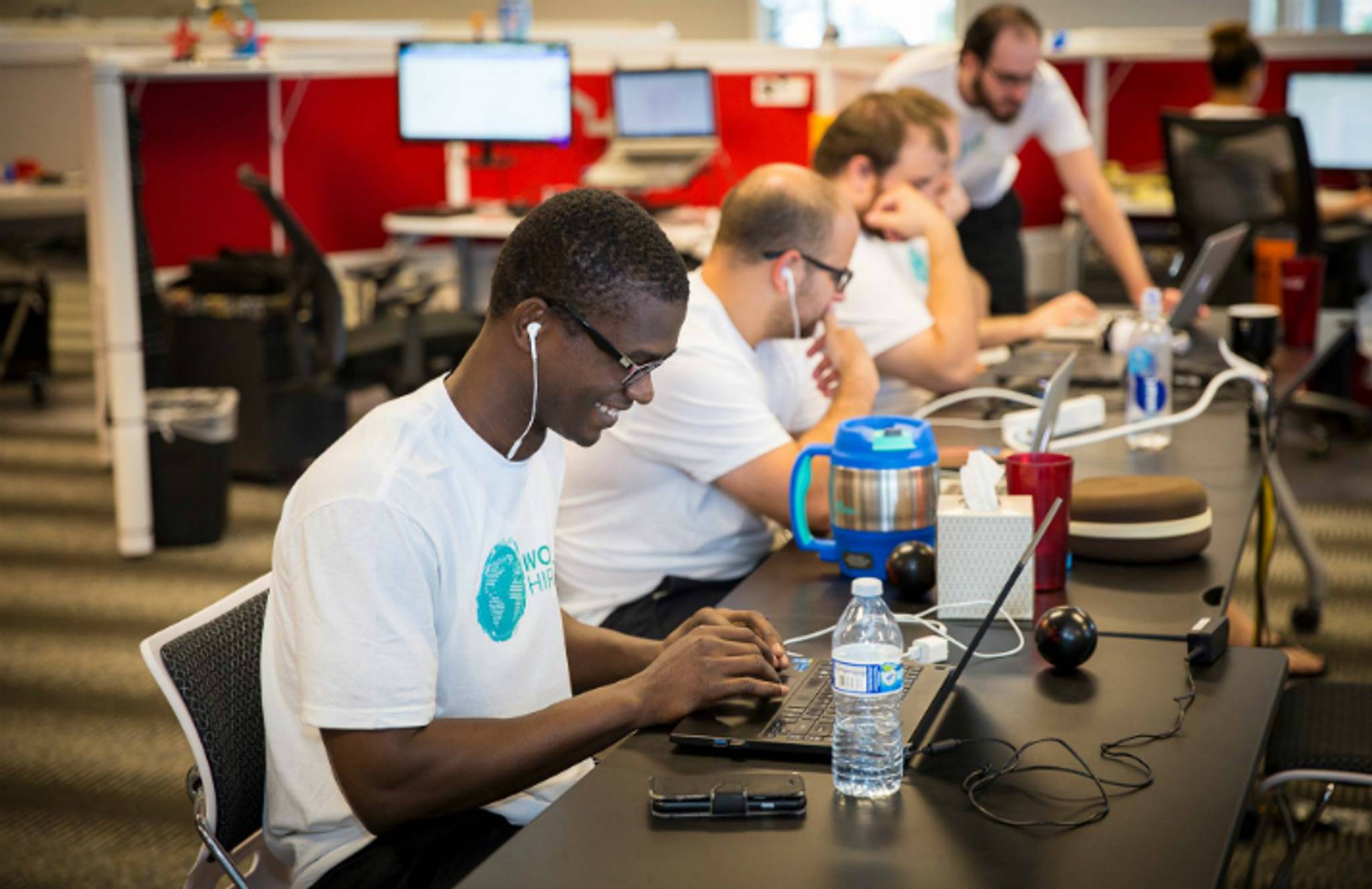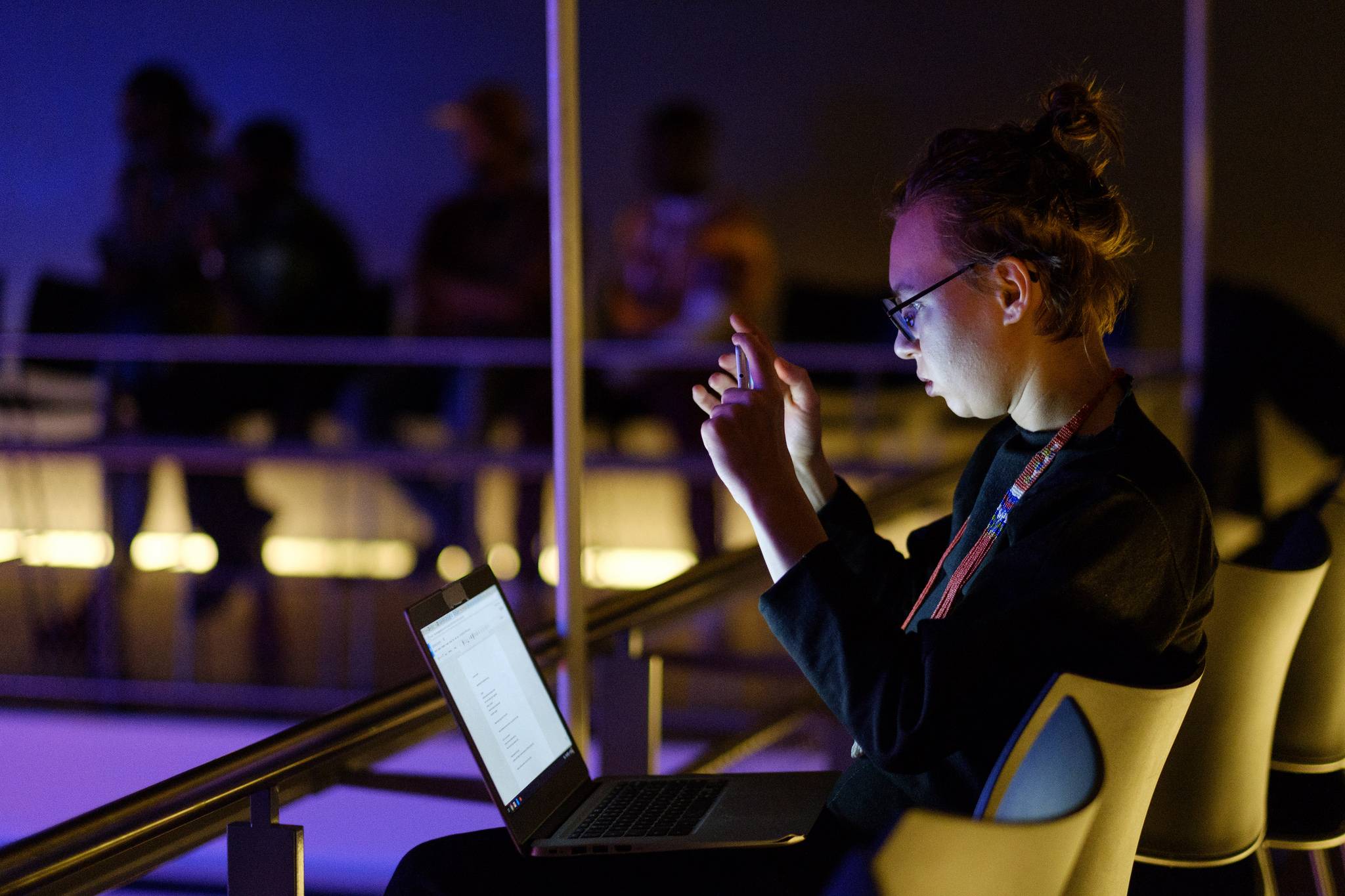
Car manufacturer Lexus have created an advert that used AI to create the script. While AI-powered automation is usually employed for pragmatic or strategic ends, Lexus' advert signals how AI can be utilised in a creative capacity, co-existing with the human-driven creative process harmoniously. We explore the insights behind the ad and understand how people’s attitudes towards AI have changed from once being scared of it, to now embracing its presence in everyday life.
Lexus' advert for its latest ES range was written entirely by AI, and directed by award-winning director, Kevin Macdonald (a human). The spot depicts how the car came to life in a lab, yet was stolen and tested against its will. The ad's narrative invokes a self-awareness within the AI, something Macdonald reflects on, saying: "What’s odd is that [the AI] came up with a self-reflexive narrative, about a machine struggling to figure out if it’s alive or not." The spot was created in conjunction with The & Partnership London, and "came to life" after an AI was programmed to analyse 15 years' worth of Cannes Lion-winning car and luxury advertising.
With 87% of people globally feeling increasingly disconnected from car marketing, Akio Toyoda, Toyota CEO – sister brand of Lexus – CEO, said he wanted to reposition the brand and so that "the words 'boring' and 'Lexus' never showed up in the same sentence again". Indeed the use of AI in this instance is somewhat daring – far from the 'safe' perception people have of Lexus – and makes viewers challenge their own mistrust of AI. The AI, does this by tapping into key emotional attributes people want to see technology possess, such as sensitivity and awareness.
But at this point in time, this emotional capacity of AI is limited; "Machines don’t know what it feels like to experience the death of a newborn or wait for a new album to come out," says Ben Plomion, CMO of AI research company GumGum in reference to CloudPainter – a painting robot developed by Virginia-based artist Pindar van Arman. "Because of that, I don’t think machine-generated art can ever be as richly appreciated as something made by a human." But as AI-scripted film Sunspringhas taught us, there is definitely a future for AI tech within the creative industry.
The more human-like bots become, the more uncomfortable they find them – a feeling that psychologists call the 'uncanny valley of the mind'. Further, 72% of Americans worried or concerned about a world where machines perform many of the tasks done by humans. This presents a strange dichotomy for further intriducing AI into our world – people are indeed tentative and unsure of it, so brands enlisting AI for creative purposes would do well to settle people’s concerns that it can indeed make their lives better – and it’s not going to take their jobs in the process.
Sophie Robinson is a research intern and recent social anthropology graduate at Canvas8, which specialises in behavioural insights and consumer research.



